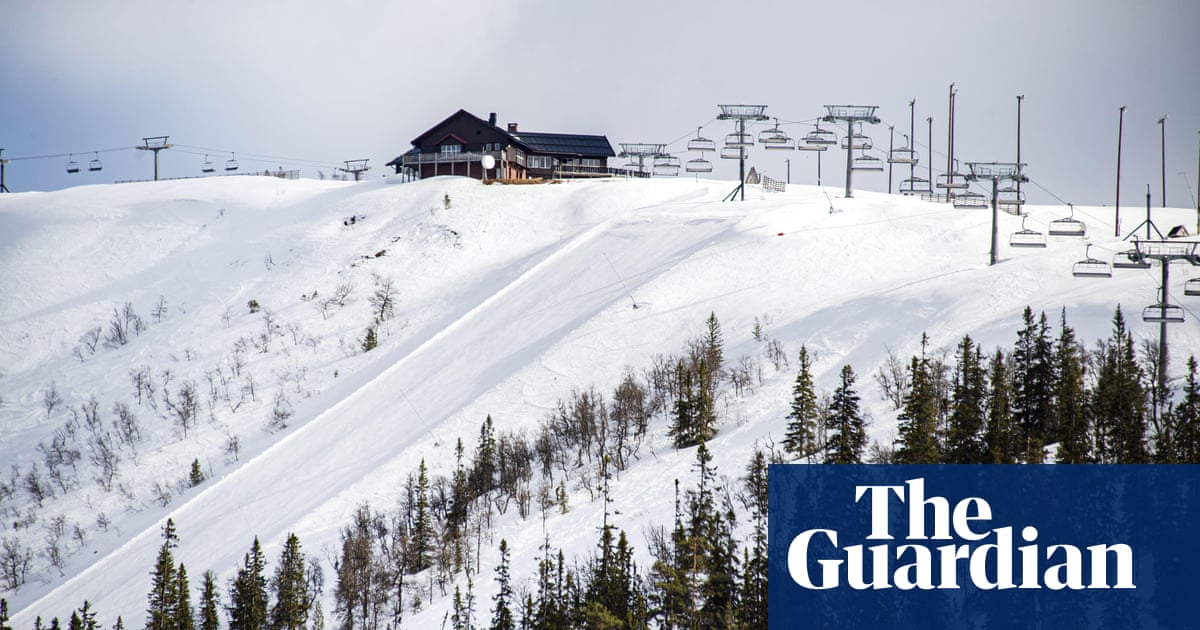Outraged skiers in northernSwedenclaim they should have been given a discount after finding more mud than snow on the slopes at a popular ski destination.
Winter sports enthusiasts complained of slush, water and damaged equipment because there was insufficient snow for skiing.
The SkiStar resort in Sälen, which promotes itself as Sweden’s largest ski area, is a popular domestic destination for Easter holiday skiers. It recently announced that it plans to increase its international appeal with the launch of new direct flights from the UK.
But many who visited last week claim they should not have been charged full price because the conditions were unsuitable.
“We’ve been here for a week now and we’ve been skiing for half a day, because there’s so much water and stuff,” visitor Emelie Åkerstrand told broadcaster SVT. Others complained that their equipment had been completely destroyed by the conditions.
Despite lifts and slopes being closed, visitors said they were still charged full price.
“Where we went there was slush. We got stuck in puddles,” Filippa Fjällbäck told newspaper Dagens Nyheter. Her boyfriend, Martin Isaacs, added: “Despite the lack of skiable slopes, we had to pay full price. It feels wrong.”
SkiStar defended the move, saying it had upheld its “snow guarantee”.
“We have colleagues in the industry where some are offering lift passes and some have discounts. I can guess that it has to do with the snow guarantee and the ability to not achieve it and fulfil it, which we do with gusto,” Anders Bjernulf, the destination manager at SkiStar Sälen, said.
Global heating and increasingly unpredictable shorter winters have led to problems across Europe as ski resorts struggle to maintain the right conditions. In October, the French alpine ski resortAlpe du Grand Serre in the Isère was forced to closebecause it could not afford to become a year-round destination to offset its shorter winter season.
Others – including in Finland, Norway and Switzerland – are usingpurpose built matsmade of extruded polystyrene, a material used for home insulation across the Nordics, to preserve snow.
SMHI, the Swedish Meteorological and Hydrological Institute, reported that the whole country was between 0.5 and 2C warmer this winter than the normal temperature between 1991 and 2020. The biggest difference was in the mountains of northern Lapland, where temperatures were about four degrees higher than normal.
Sofie Arnell, SkiStar’s chief legal officer, said: “Before purchasing a SkiPass, the customer takes note of our terms and conditions (including information about the snow guarantee and the possibility of rebooking or cancelling the SkiPass). This is also stated in the customer’s booking confirmation.
“The customer always has the option to cancel the SkiPass with a full refund up until the first day of validity of the SkiPass. Open lifts and slopes are listed on our website and in our app. This information is updated several times a day.”
